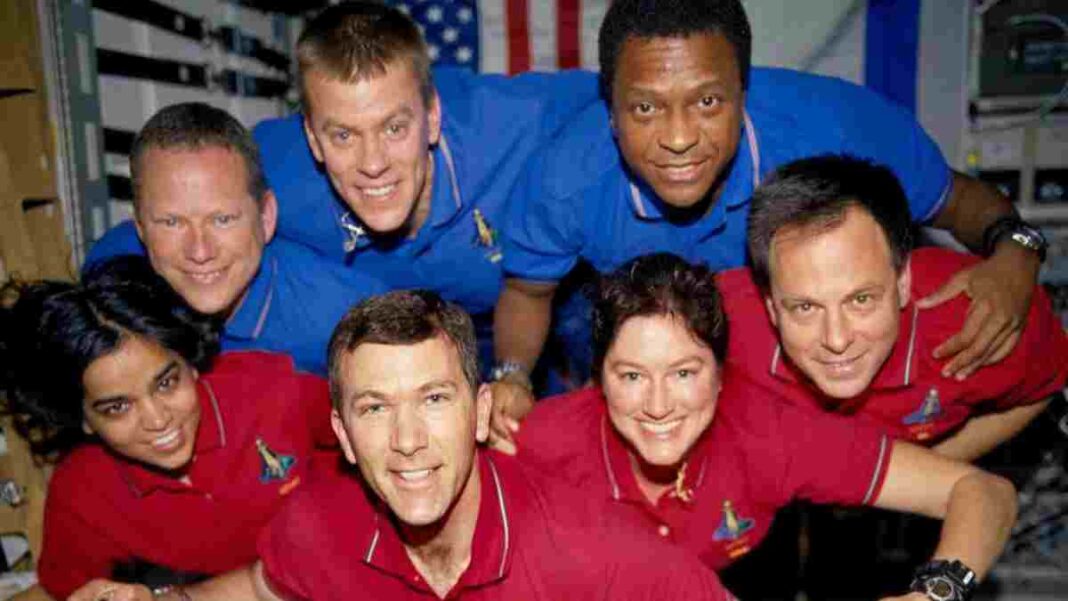UNITED STATES: It’s been 20 years since the Space Shuttle Columbia disaster, and the world still looks back on the February 1, 2003 tragedy.
The Space Shuttle Columbia was returning to Earth after a successful mission when it disintegrated during re-entry into the Earth’s atmosphere, killing all seven crew members on board.
The loss of the Columbia was a turning point for the Space Shuttle program and NASA as a whole.
The Space Shuttle Columbia was the first space-rated orbiter in NASA’s Space Shuttle fleet. It was named after Christopher Columbus’ ship, the Santa Maria, and made its first flight on April 12, 1981.
Over the years, Columbia completed 27 missions, the final being STS-107, a 16-day research mission to study Earth and space sciences.
The mission was thought to be a success until the shuttle and its crew were lost on the way back to Earth.
The investigation into the Columbia disaster revealed that a piece of the foam insulation had fallen off the external fuel tank during launch and struck the leading edge of the shuttle’s left wing.
The impact caused a hole in the wing, and hot plasma entered the shuttle during re-entry, leading to its eventual disintegration.
NASA made a lot of changes to the Space Shuttle programme after the accident. These changes included changes to the foam insulation and more safety measures during launch and landing.
The loss of the Columbia was a devastating blow to NASA and the entire space community.
The crew of the Columbia was made up of experienced astronauts from diverse backgrounds, including Commander Rick D. Husband, Pilot William C. McCool, Mission Specialists Michael P. Anderson, Ilan Ramon, Kalpana Chawla, and Laurel B. Clark, and Payload Specialist Ronald McNair.
Their families, friends, and the nation as a whole felt their loss.
In the aftermath of the disaster, NASA worked to improve safety measures and the overall reliability of the Space Shuttle program.
In 2005, the Space Shuttle Discovery returned to flight, marking a new beginning for the program. Over the next few years, NASA kept making improvements to the Space Shuttle and sent it on several missions that went well. In 2011, the programme was shut down.
Today, 20 years after the Columbia disaster, NASA is again pushing the boundaries of space exploration.
With the development of new technologies and partnerships with private companies, NASA is paving the way for a new era of space travel and discovery.
The Space Shuttle Columbia disaster was a tragedy that changed the course of the Space Shuttle program and NASA as a whole.
The Space Shuttle Columbia disaster is a reminder of the dangers of space exploration and the sacrifices made in pursuit of knowledge and discovery.
As we reflect on the 20th anniversary of the disaster, we remember the brave crew of the Space Shuttle Columbia and their contributions to space exploration.
Also Read: NASA’s Ingenuity Mars Helicopter Takes to the Skies for 41st flight



